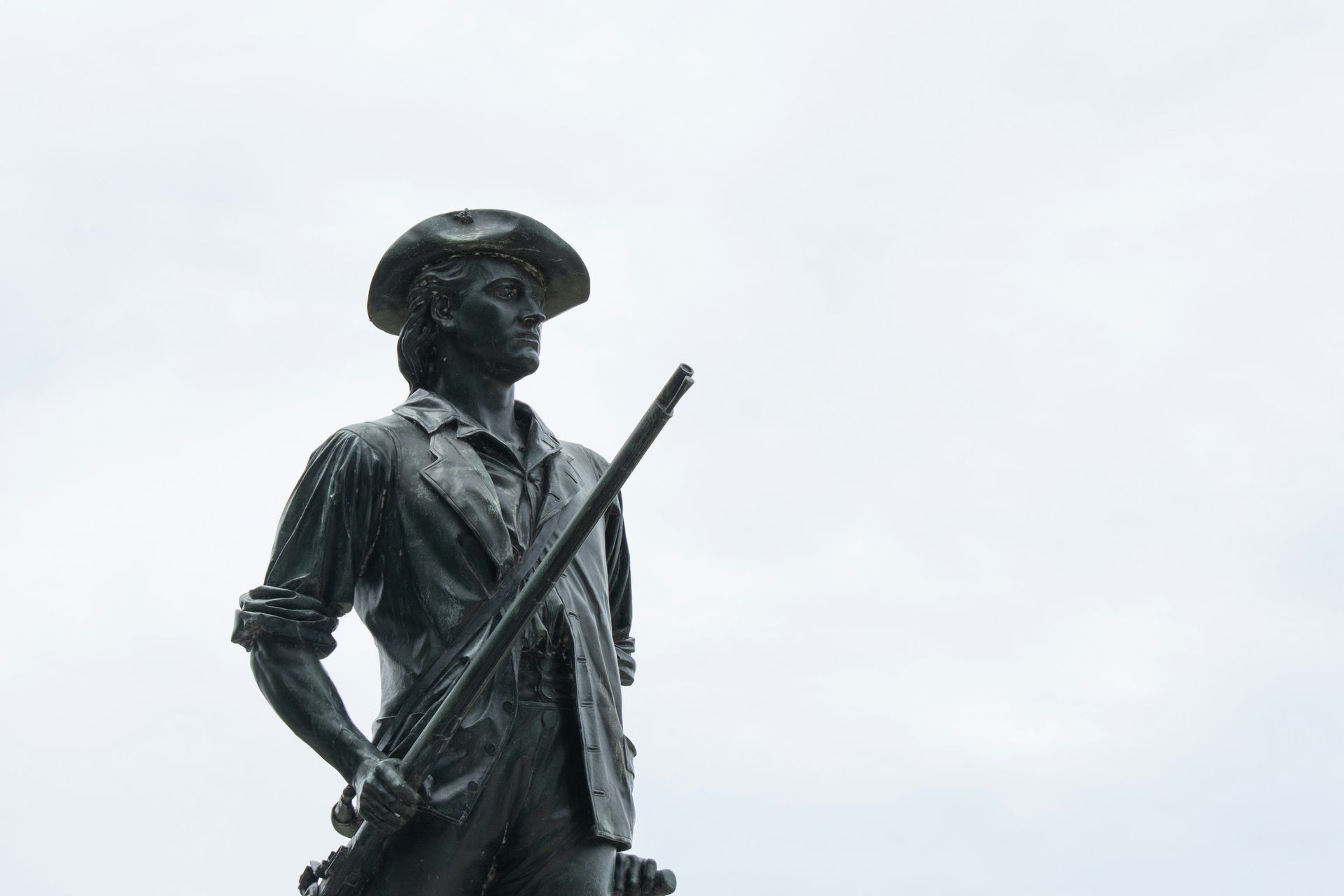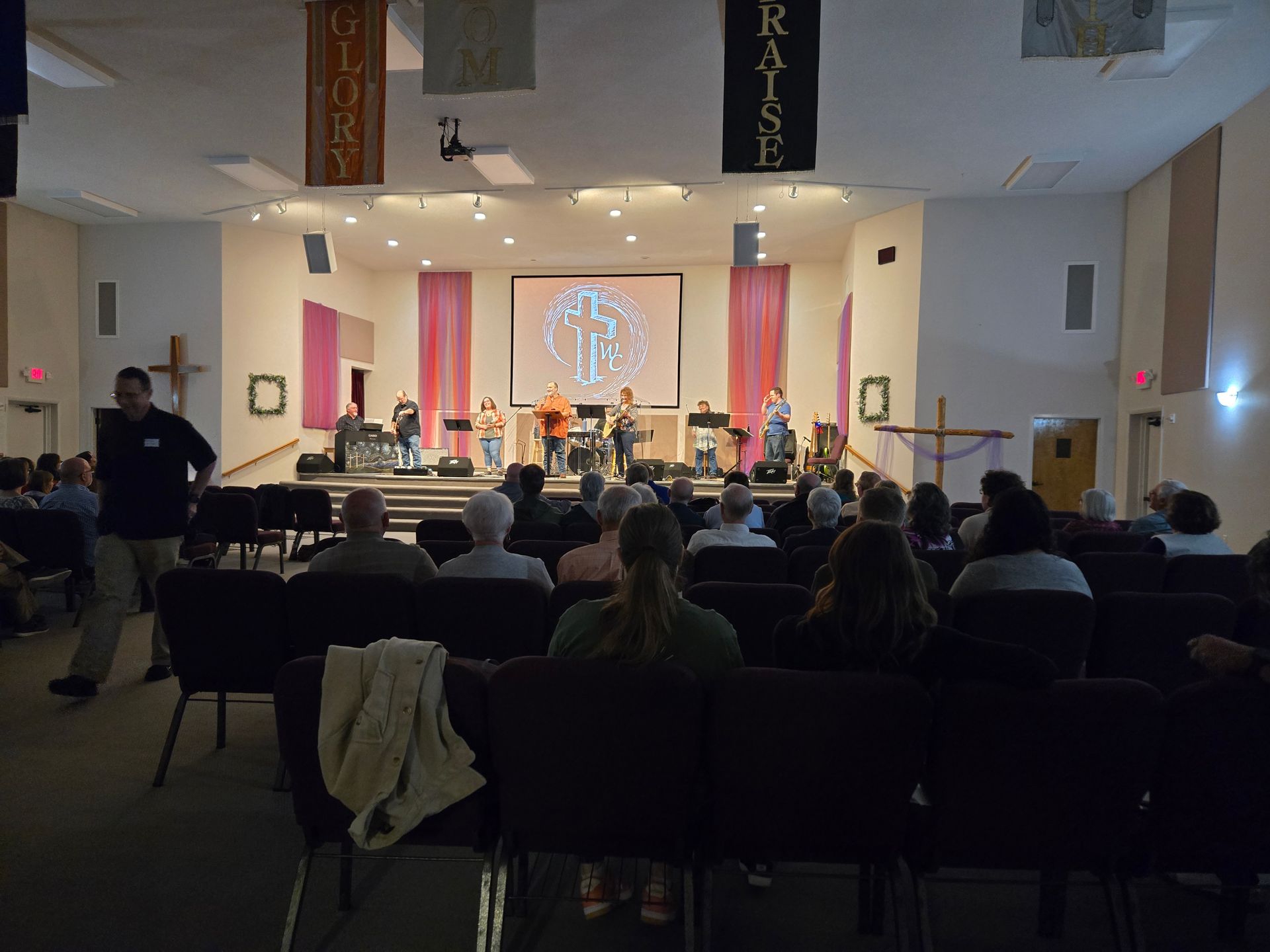My History With Foot-Washing: or How I Came to the Right Decision
Person in Blue Denim Fitted Jeans Walking Through Hallway
Our Brethren ancestors sought to follow the example of Christ and the apostles. By practicing a radical obedience, they put into practice what they found in the Bible, regardless of the consequences. They believed that scriptural demands must not be rationalized away. Looking primarily to the Sermon on the Mount for the ethics of the Christian life they felt complete obedience to the teaching and example of Christ, and the apostles are the basis for the Brethren practice of the ordinances, including some practices (such as foot-washing and anointing) which other groups regarded as nonessential.
Here is a poignant and deeply humbling story about his first experience with this ordinance from
Pastor John Drexler.
I grew up in an Independent Baptist Church in New Jersey just 8 miles west of Philadelphia. I knew virtually nothing of the ordinance of foot-washing until I applied for admission to Grace Theological Seminary, a Grace Brethren School located in Winona Lake, Indiana. The application asked if I practiced foot-washing as an ordinance (the last few words helped me realize they were not talking about personal hygiene). I asked my dad, a Baptist pastor, for his opinion. He explained that he believed the Act was for the disciples' benefits, but the message of service was the lesson to be learned from Jesus's action.
So, off to seminary I went, ready to defend myself against those who would attempt to compel me to wash someone's feet, or even worse, allow someone to wash mine. I had some very dear Brethren friends who attempted to show me the error of my ways and even took me to a threefold Brethren communion service. This only served to make me more adamant that this couldn't be a Jesus-ordained practice because it was too, dare I say, yucky.
Now jump ahead nearly 30 years. I was asked to preach at the First Brethren Church of Goshen, a very loving community of believers, as their pastor. This meant (horrors) I would have to participate in the foot-washing portion of the communion service. In my research, I was amazed at how Jesus's words seemed to be addressed to the whole Church, not merely just the disciples. He said, "I have set you an EXAMPLE (emphasis mine) that you should do as I have done for you," and "now that you know these things, you will be blessed if you do them." (John 13:15 and 17 NIV) That was all I needed to erase my Prejudice, but it still seems so awkward and personally invasive.
When the time finally came that I was to attend my first Brethren communion service as a participant, I looked forward with dreadful anticipation of someone washing my feet other than my mom or myself. I spent a few minutes explaining to the folks the whys and wherefores of foot-washing and why I believe Jesus ordained this to be perpetuated in His memory. I spoke to them of how it in itself has a threefold purpose (3 is a big number in the Brethren denomination). First, it speaks to us of service and serving one another. Secondly, it teaches humility. It's tough to be proud when someone far more Godly than yourself is on his knees washing your feet and explaining the love of Christ. And finally, it's because of the need for daily spiritual cleansing through the Word and confession of sins. Jesus said on that same occasion, "a person who has had a bath needs only to wash his feet; his whole body is clean. And you are clean though not every one of you. (John 13:10 NIV)
So, I ventured forth for my first experience with foot-washing. We had a wonderful saint of God in our congregation at that time, Dr. Charles Munson, a former professor at Ashland Seminary. When this dear old man got down on his knees to wash my feet, I felt somewhat like Peter; terribly unworthy of his serving me. After he was helped to his feet and sat down, I, in turn, washed his feet. That was glorious.
I still can't say that after 13 years I enjoy having someone wash my disgusting feet, but I believe that is what the Lord commanded, and in doing so I am blessed.










